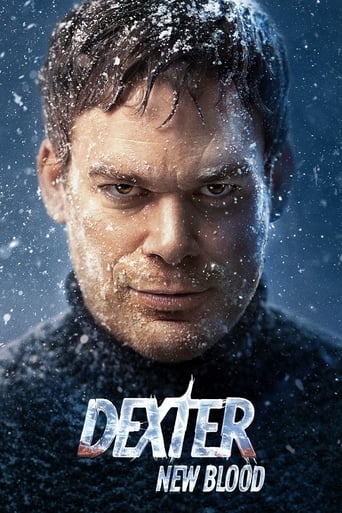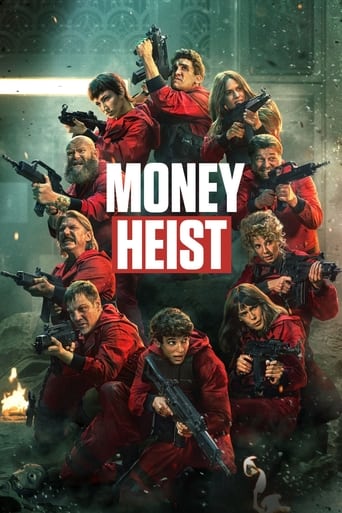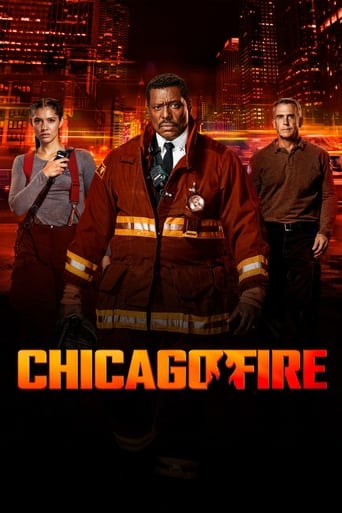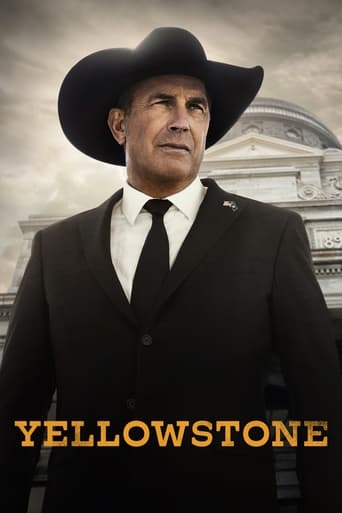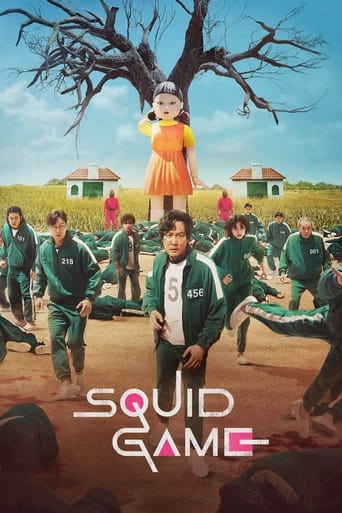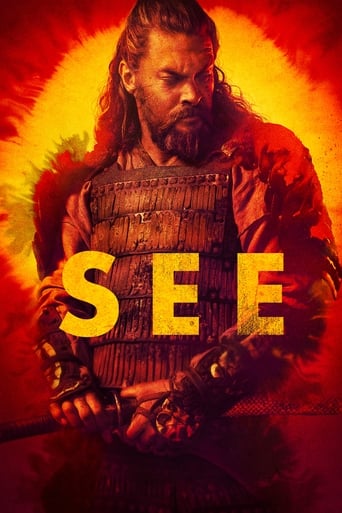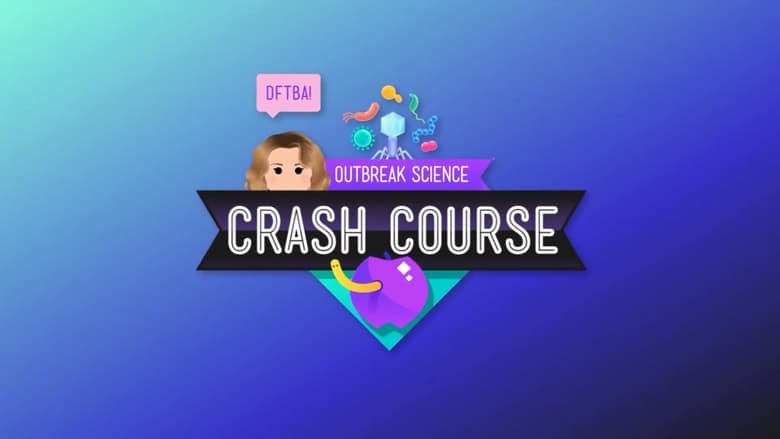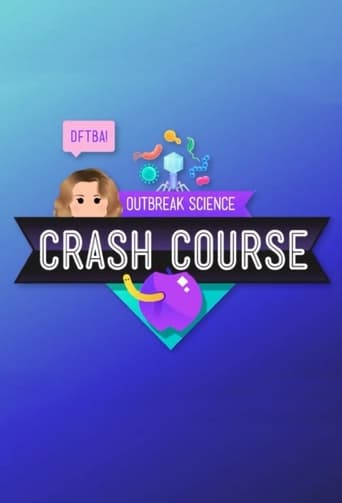
Welcome to Crash Course Outbreak Science! What do pathogens actually do to us that makes us sick? Why do societies respond to outbreaks of infectious diseases the way they do? How can we stop the next outbreak? These are the kinds of questions we'll ask ourselves and answer as best we can over the next 15 episodes of this series. Join us and Dr. Pardis Sabeti as we look at outbreaks from the microscopic level, to the big picture, so that we can work together to stop future outbreaks and create a healthier future for everyone.
Seasons & Episode
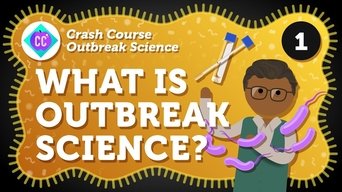
Infectious disease has affected the human species for as long as we’ve existed, but in that time we’ve come a long way in understanding what they are and how they spread. In this episode of Crash Course Outbreak Science, we’ll introduce some of the core concepts that will help us throughout this series as we discover the effects of infectious disease, from the microscopic, to the societal level.
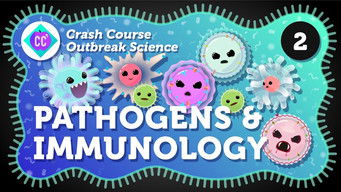
You may not realize it, but your body is like a fortress, designed to defend you from tiny foreign invaders known as pathogens. This seemingly small world is actually super diverse, and sometimes super dangerous too. That’s why in this episode of Crash Course Outbreak Science, we’re going to get familiar with all different types of pathogens like viruses, bacteria, fungi, and more!
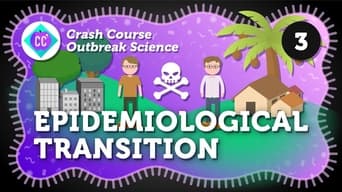
We take it for granted that society gets better at tackling infectious disease over time, but when you really think about it the progress we’ve made in the last century is pretty amazing. How does that much progress happen so quickly? That’s what we’ll set out to answer in this episode of Crash Course Outbreak Science as we look at the theory of epidemiological transition.
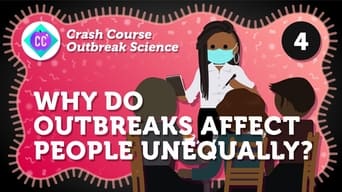
We’re all susceptible to infectious disease of some kind or other, but not everyone is equally likely to be the victim of an outbreak. The fact is, inequalities both between and within communities mean that some people are at higher risk than others. In this episode of Crash Course Outbreak Science, we’ll look deeper at the factors that lead to this uneven distribution of outbreaks.
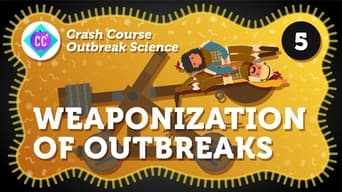
A sad reality that we have to face when studying outbreak science is that sometimes groups of people use outbreaks intentionally to inflict harm on another group. We call this "weaponizing an outbreak", and it's the focus of this episode of Crash Course Outbreak Science. In this episode we'll look at how different groups have weaponized outbreaks throughout history, and the consequences, and we'll discuss what we can learn from those cases to prevent bioweapon attacks in the future.
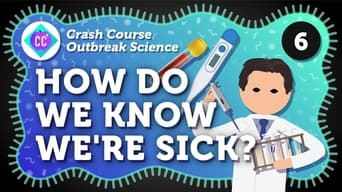
Sometimes, diagnosing patients is pretty easy, but other times... not so much. Luckily, in a medical setting we have tools that can help us figure out what's wrong with patients, and how to help them. In this episode of Crash Course Outbreak Science, we'll use clinical symptomatology and diagnostic testing to collect data and test our hypotheses about what may be wrong with some hypothetical patients, and use what we learn to help our patients get better and stop the disease from spreading to more people.
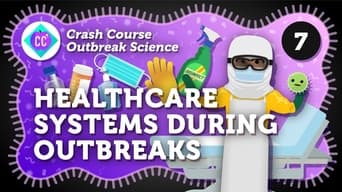
Day to day, hospitals provide all kinds of services to help us get better and stay healthy, but during an outbreak, hospitals are the front line of the emergency. In this episode of Crash Course Outbreak Science, we'll look at how hospitals and other healthcare facilities adapt in the face of an outbreak, from resources needs, the roles of healthcare workers, and costs.
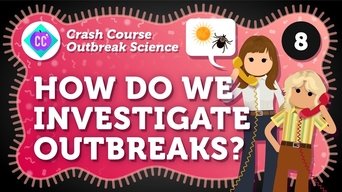
At the heart of outbreaks are people! People are the ones who get sick, transmit diseases, and change the way they live in response to outbreaks. In outbreak science, we can better understand the relationship between people and disease through the discipline of epidemiology. In this episode of Crash Course Outbreak Science, we’ll look at what epidemiology is and how it helps us track the spread of diseases, and even stop outbreaks.
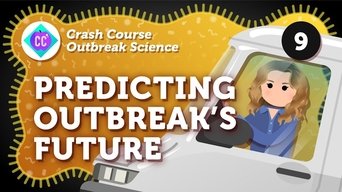
When outbreaks happen, we need to be able to predict the course they’ll take in the future, but of course we can’t run experiments on real people to figure that out. Thankfully we can simulate outbreaks and use models to find out how different scenarios could play out! In this episode of Crash Course Outbreak Science, we’ll look at what models are, how they help predict the course of an outbreak, and how we can use them to manage real world outbreaks.
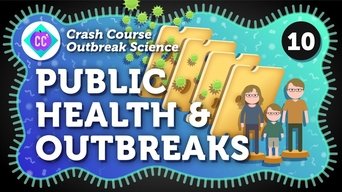
Public health activities are all the ways society coordinates to deliver better health to people. That may sound super broad, and it is, so in this episode of Crash Course Outbreak Science, we'll take a look at public health works to prevent outbreaks. We'll learn what public health is and what public health agencies do, look at the three tiers of public health responses, and revisit one of our favorite fictional cities to see these responses in action.
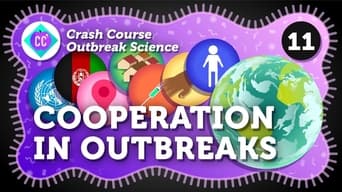
In 1959, the WHO set out to eradicate smallpox, an ambitious goal that was achieved by 1980. But this goal wouldn't have been possible without coordination on all levels of society. In this episode of Crash Course Outbreak Science, we'll look at cooperation on the individual, community, and national scale and see how by working together we can improve outcomes during an outbreak, prevent future outbreaks, and even eradicate disease.
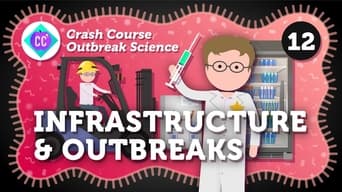
When you think about the technology that helps us prevent outbreaks, what do you think of? Vaccines? Lab tests? Medications? What about toilets? That's right! Toilets are an important piece of technology that can help us prevent outbreaks! Toilets are a part of infrastructure, the important system that we'll be talking about in this episode of Crash Course Outbreak Science. We'll look at how from physical infrastructure, from toilets, to sewers, to roads, and more, creates healthier environments for us and helps us prevent and deal with outbreaks.
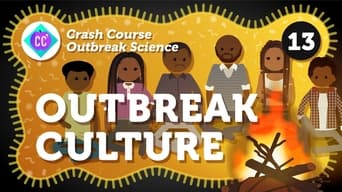
When we think of how we respond to outbreaks, we often think of physical things like vaccines or medicines, but there is another factor that is just as critical to understand: culture! Culture determines how we collaborate and use the resources at our disposal in the face of an outbreak. So in this episode of Crash Course Outbreak Science, we'll look at the ways culture impacts our outbreak response, and in turn how outbreaks can change our cultures.
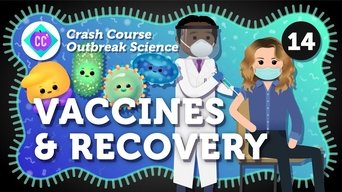
Throughout this series, and in our real lives, we've seen the chaos and devastation that outbreaks can cause. But there's good news! Eventually, outbreaks come to an end. In this episode, we'll look at some of the important tools of outbreak response, particularly vaccines, and also discuss the important work that happens in the aftermath of an outbreak.
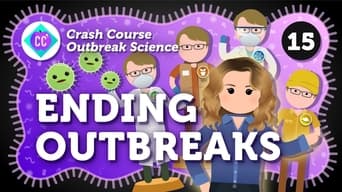
Over the course of this series, we've seen that outbreak science is actually MANY sciences, including biology, epidemiology, sociology, and even economics! Because outbreak science is an interdisciplinary field, everyone has a role to play in ending outbreaks, including you! In this final episode of Crash Course Outbreak Science, we'll take a look at how different fields come together to prepare for and prevent outbreaks.
Similar titles
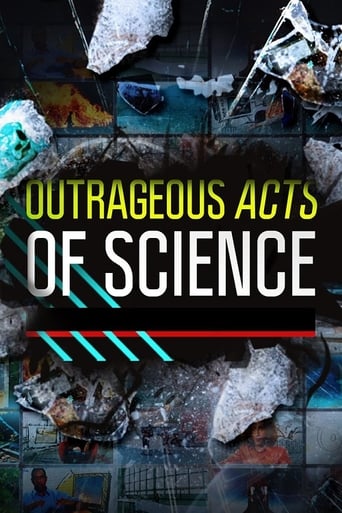
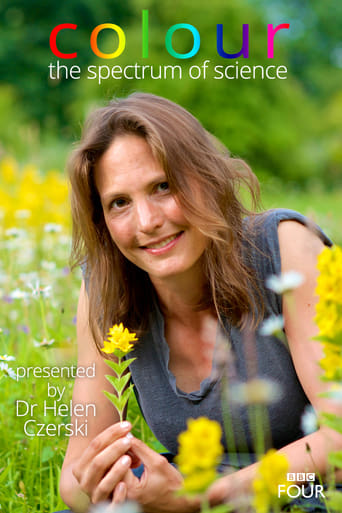
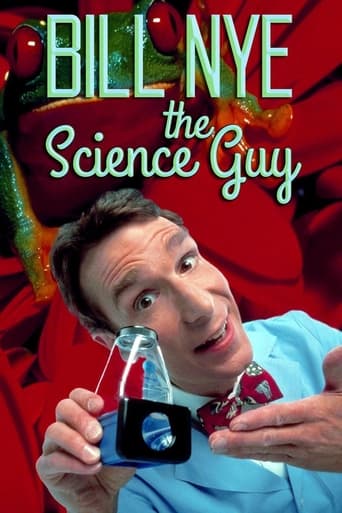

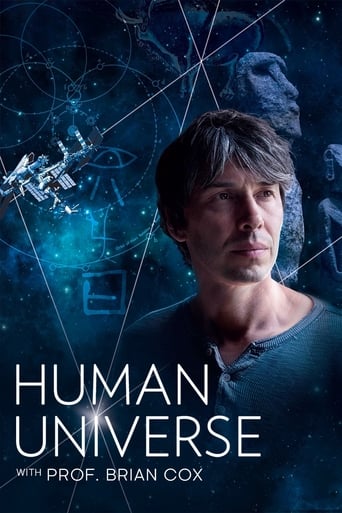
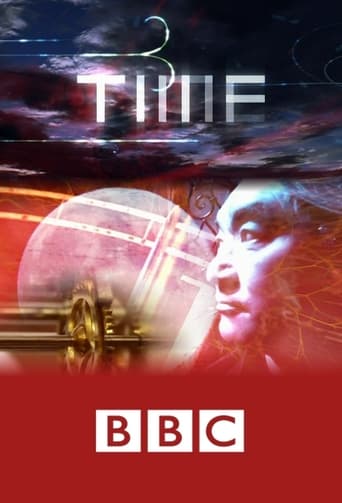
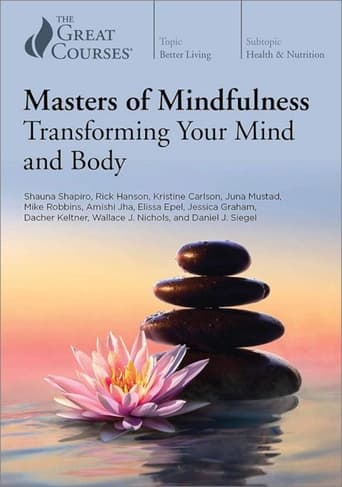
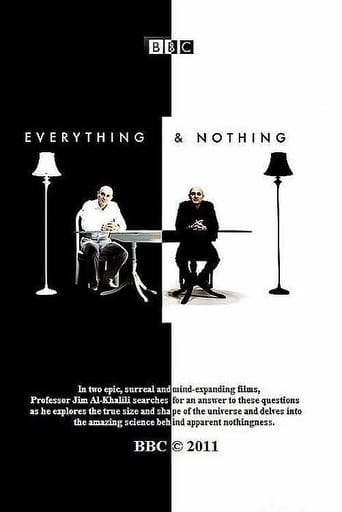
You May Also Like
Top Streaming TV Show

